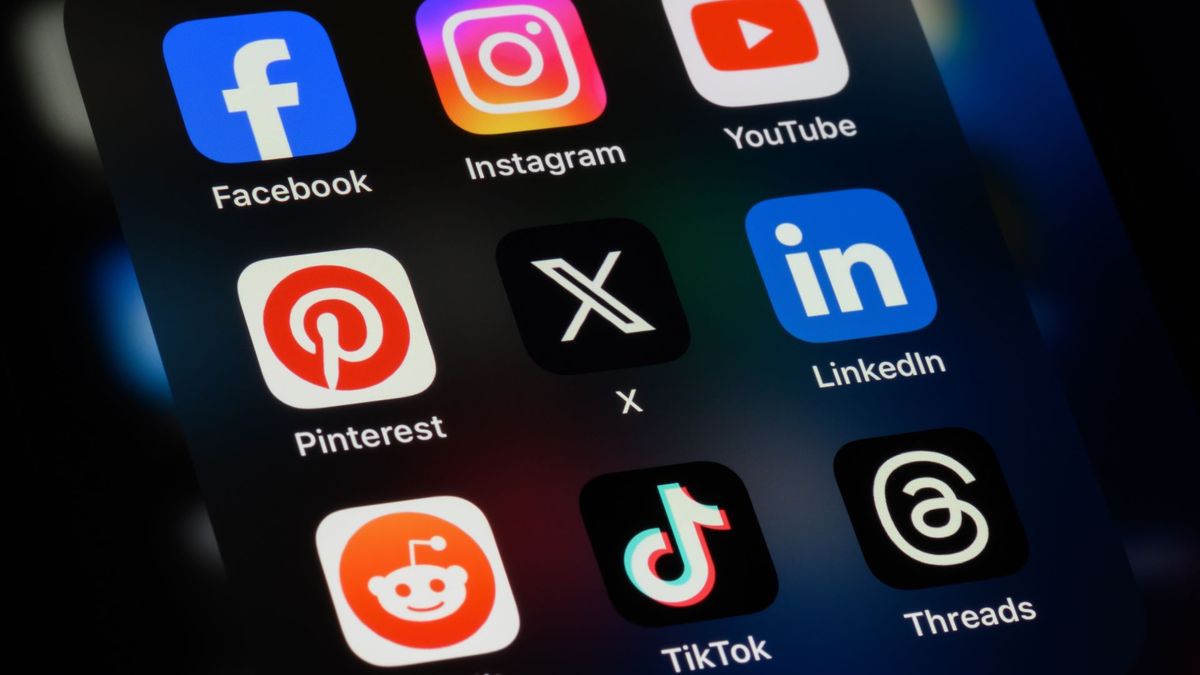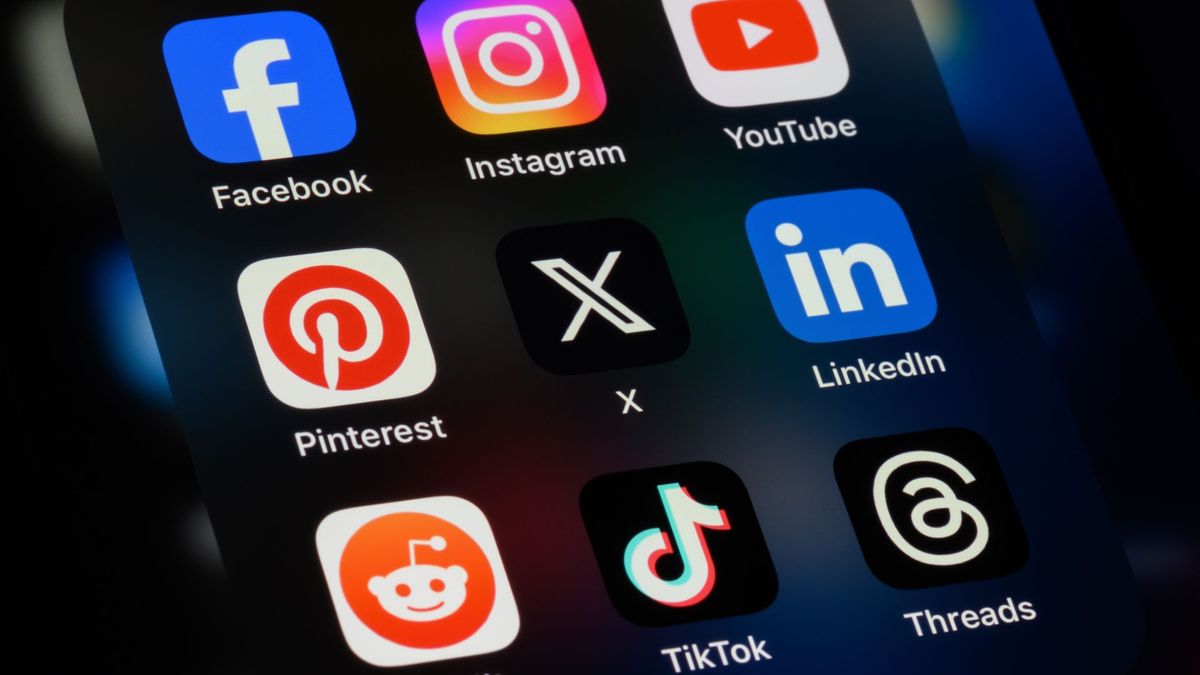
Facebook and Instagram parent company, Meta, has come under legal scrutiny in the US over allegations that its social media platforms are dangerous to teenagers’ mental health because they are overly addictive.
A federal court in California has now declined to grant the request made by Meta for dismissal of two lawsuits which were filed last year.
Both lawsuits, backed by more than 30 US states, accuse Meta of exploiting young users through addictive algorithms, raising concerns about mental and physical health consequences.
It’s not an entirely black and white case – although the judge determined that Meta would be covered by Section 230, a federal law regulating online platforms, which in this case would afford the company protection from some claims, she noted that the states had presented enough evidence regarding misleading statements, therefore much of the case could proceed.
California Attorney General Rob Bonta commented: “Meta needs to be held accountable for the very real harm it has inflicted on children here in California and across the country.”
Meta has expressed disagreement with the ruling, stating that it has developed tools to support parents and teens, including Teen Accounts on Instagram with additional protections.
The ruling also affects other social media giants. Meta, along with TikTok, Snapchat and the Google-owned YouTube, have sought to dismiss related personal injury lawsuits brought by individual plaintiffs, however the judge has since rejected their motions, allowing those claims to continue as well.
A Meta spokesperson told TechRadar Pro in an email:
“While we welcome the Court’s decision to limit the focus of some claims, consistent with prior rulings on Section 230, we disagree with the overall ruling. We’ve developed numerous tools to support parents and teens, and we recently announced that we’re significantly changing the Instagram experience for tens of millions of teens with new Teen Accounts, a protected experience for teens that automatically limits who can contact them and the content they see. We believe the evidence will demonstrate our commitment to supporting young people.”
José Castañeda, a spokesperson for Google, told us:
“Providing young people with a safer, healthier experience has always been core to our work. In collaboration with youth, mental health and parenting experts, we built services and policies to provide young people with age-appropriate experiences, and parents with robust controls. The allegations in these complaints are simply not true.”
TikTok and Snapchat did not immediately respond.
If you are concerned about screen time and social media usage, why not take a look at the best parental control apps.
More from TechRadar Pro
Services Marketplace – Listings, Bookings & Reviews
